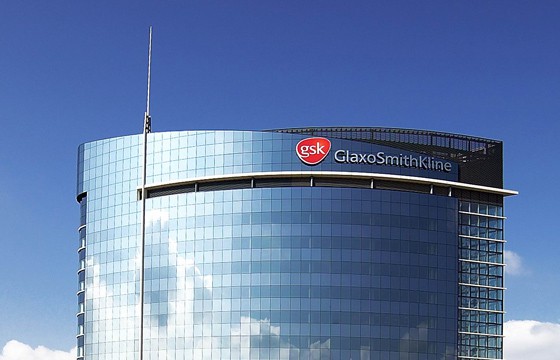
GlaxoSmithKline’s interleukin-5 inhibitor Nucala is gaining momentum in asthma, but prospects in chronic obstructive pulmonary disease (COPD) are looking shaky after conflicting results in two phase III trials.
In the METREX study, patients treated with Nucala (mepolizumab) experienced a statistically significant 18% reduction in the frequency of moderate-to-severe exacerbations compared to placebo, which just about achieved statistical significance (p=0.036).
However in the other trial – METREO – patients treated with one of two doses of GSK’s drug experienced sizeable reductions in the frequency of attacks (20% for 100mg and 14% for 300mg) – but neither difference was statistically better than the control group.
Both trials involved COPD patients who were at high risk of exacerbations despite treatment with what is considered the best current therapy for the disease – including inhaled corticosteroids (ICS), long-acting beta agonists (LABA) and long-acting muscarinic antagonists (LAMA).
The mixed results – in COPD patients who have high levels of inflammatory cells called eosinophils, which is around 10-20% of the total COPD population – put the future of Nucala in this setting into doubt, although GSK isn’t giving up on the indication just yet.
In a statement, Steve Yancey, GSK vice president and development lead for the IL-5 inhibitor, said the company would “review the full data when available to determine our next steps”.
“We believe the reduction in moderate and severe exacerbations observed are of clinical relevance given the need for a new treatment approach in these difficult to treat patients,” he added.
The results do not come wholly out of the blue, as a small trial of the drug in 18 COPD patients with eosinophilic bronchitis published last year by academic researchers in Canada and the US found no improvements in exacerbations or lung function.
GSK reported sales of £59m ($76m) for Nucala in the first quarter of the year, more than double the same period of last year in its current indication as an add-on therapy for patients with severe asthma. Around 10,000 patients are taking the therapy in the US, and it is also rolling out strongly in Germany, Belgium, and the Netherlands, according to the company. The drug has been tipped to make $600m to $1bn at peak – if it can also claim approvals in additional indications.
To that end, GSK started a phase III study of Nucala in March in patients with severe hypereosinophilic syndrome (HES), which can result in organ damage and get progressively more severe if left untreated and it is also in late-stage trials for severe dermatitis and vasculitis.




